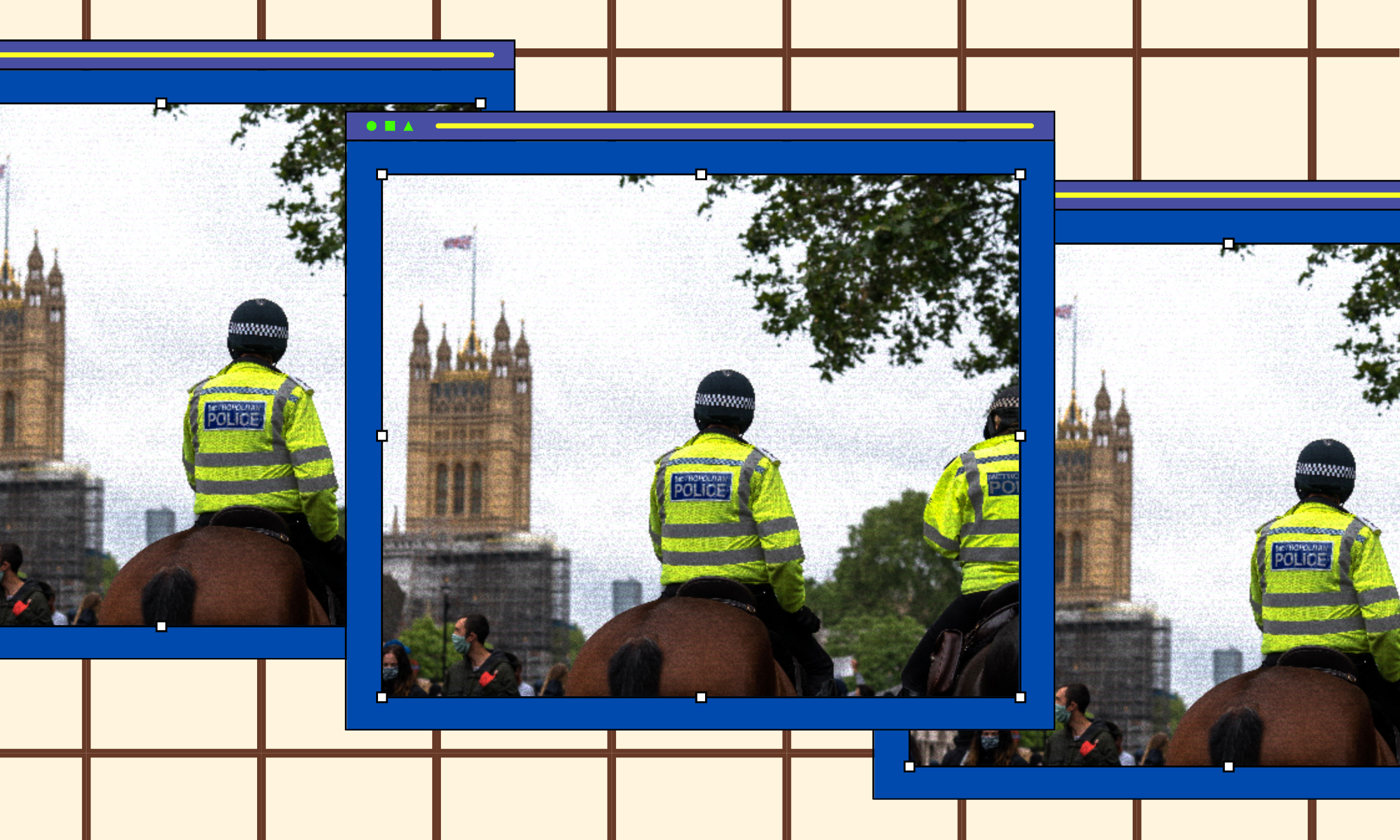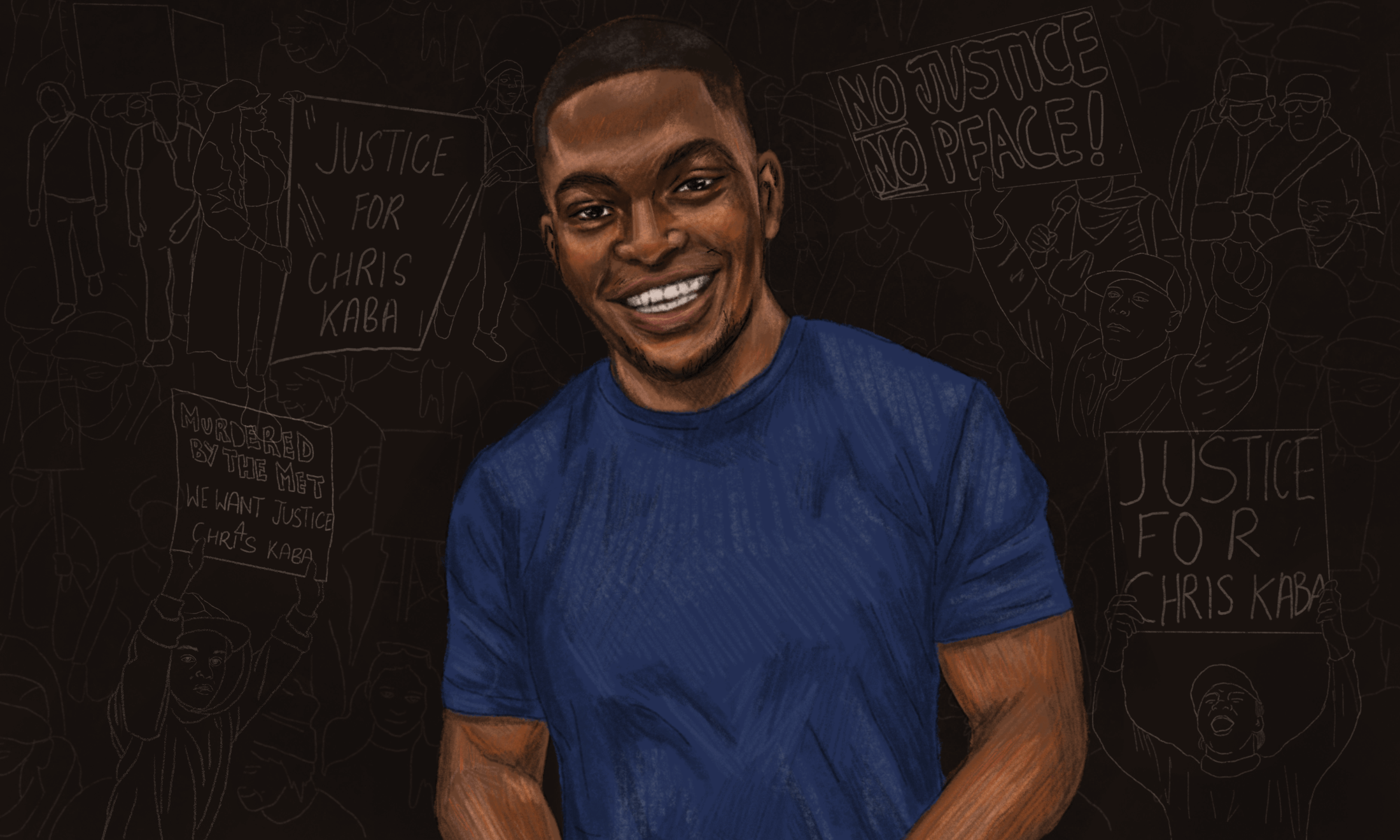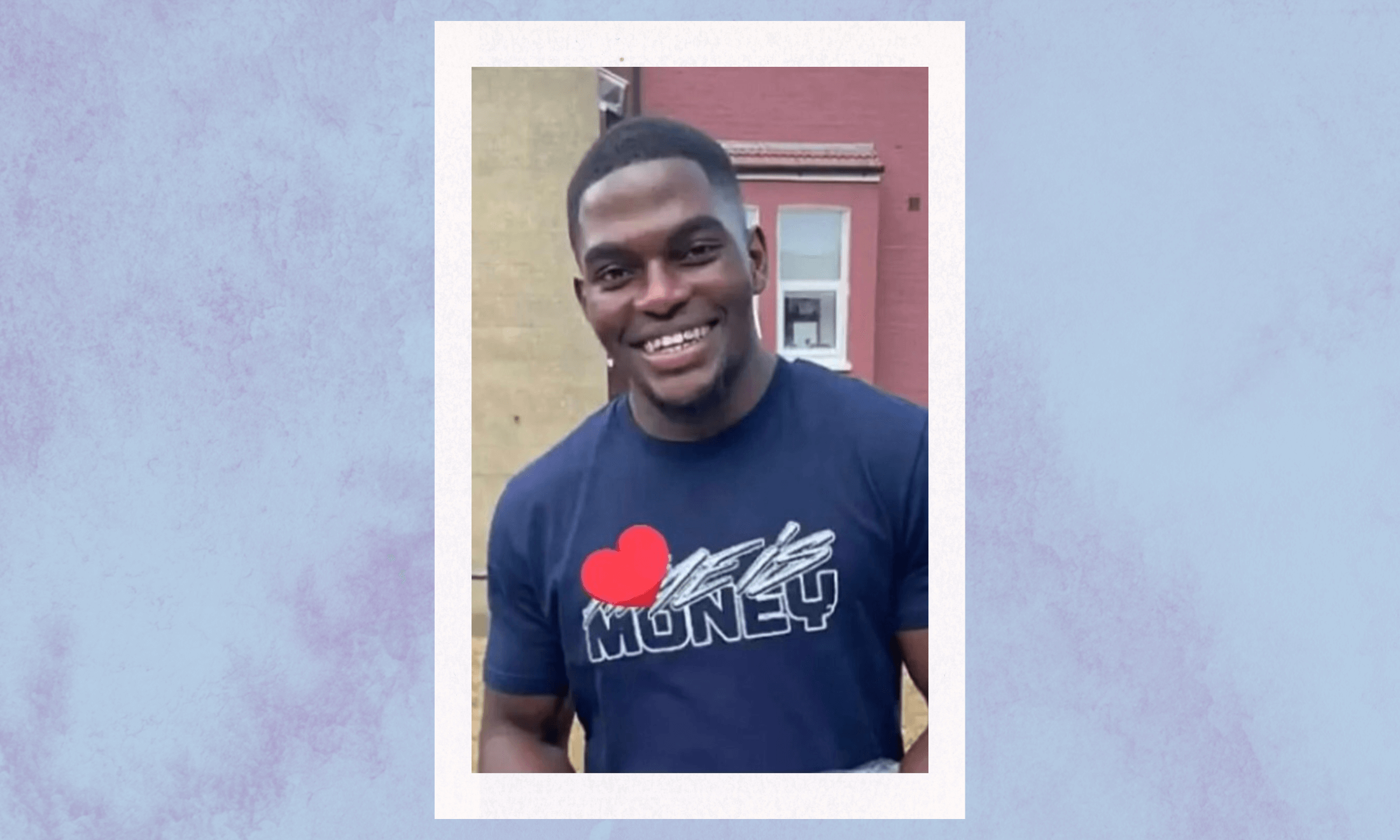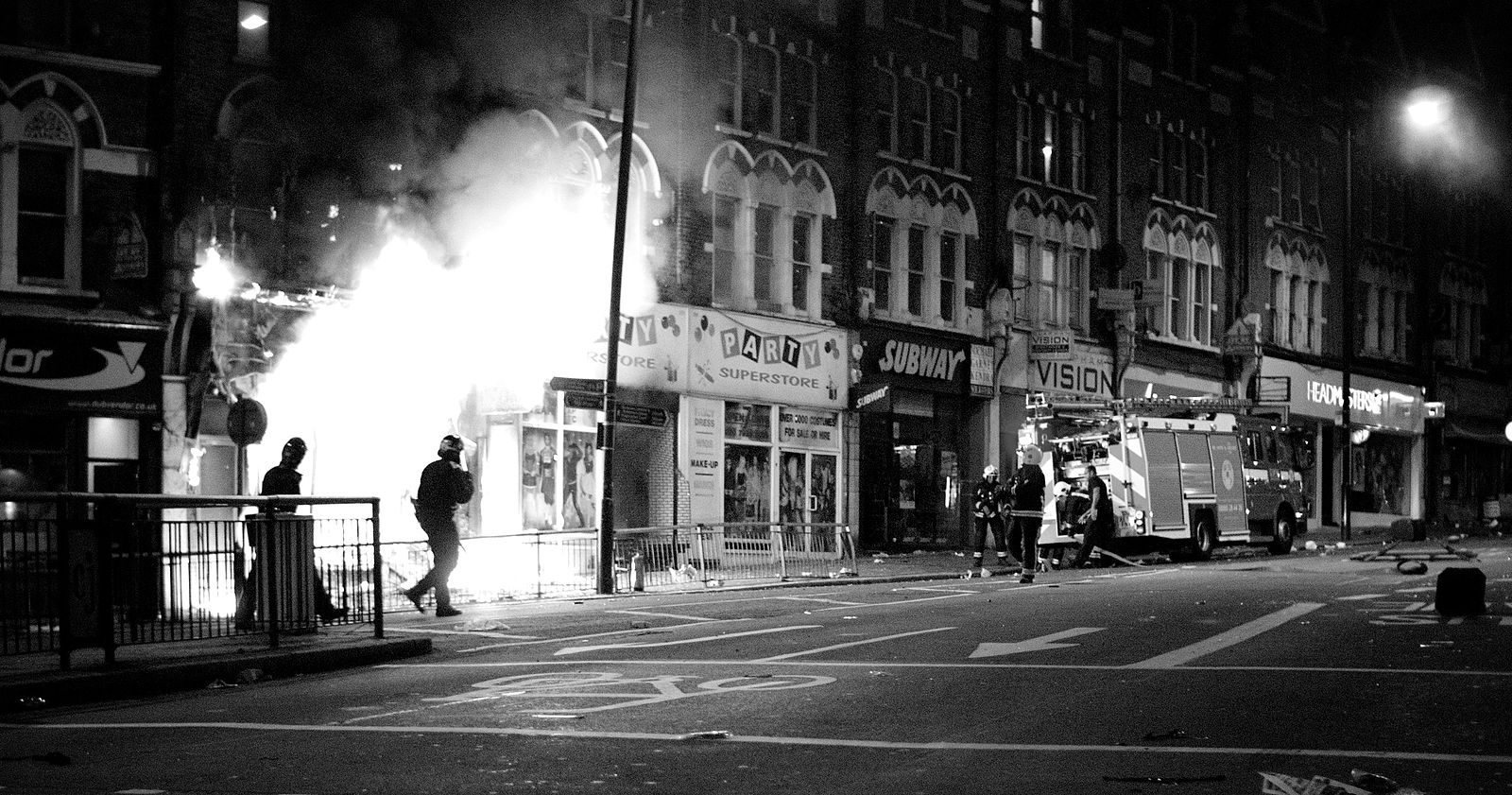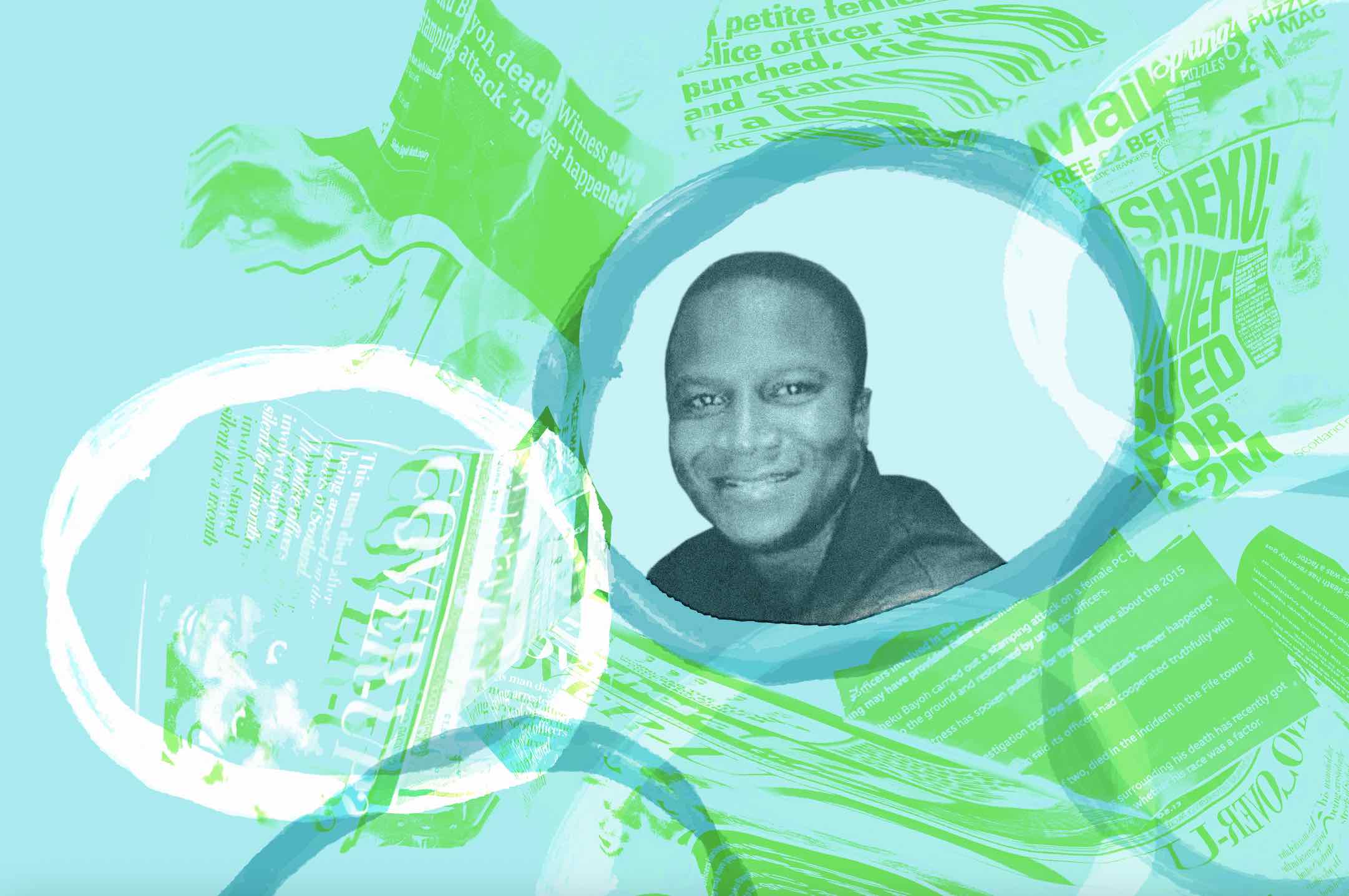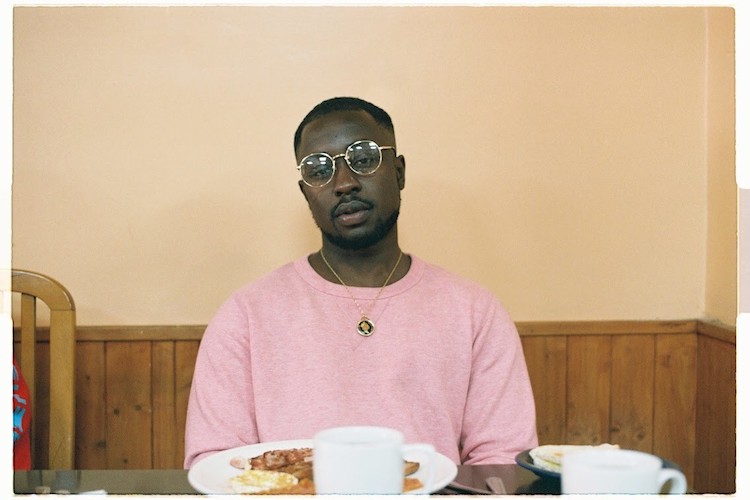
Tottenham artist Oscar #Worldpeace seeks to give back to the black British community, through a lyrical celebration with a particular focus on the strength of black femininity. “Being black is a responsibility”, #Worldpeace breezes on lead track ‘No White God’ from his new EP IC3. The song’s trap-beat is cooly fractured by inquisitive lyrics that unpick the institutional racism still at work within the UK. The music suspends you in the melodic experiences of being a black person from a London estate and reveals #Worldpeace’s ability to mind, scrutinise, and reclaim the historical misrepresentation of black people within British institutions. This precision highlights an artist who rather refreshingly, is acutely aware of the wider responsibility he bares for the rhetoric he releases. Mainstream music has become fertile ground for experiencing a variety of intersecting black music genres and as #Worldpeace remarks “it should be used to spark conversations, by unifying people and separating the idiots”.
The EP title IC3 is the British police identity code for black men, and forms the centrepiece of Oscar’s examination of the modes of institutional racism. The songs absorb symbols used to isolate and repress the black community within British society, and reclaims them as tools to unpick the lies that have warped the black experience. The repetition of the chorus lyrics ’No White God’ cut through the debut single. The song expands into different social injustices and through its chorus, draws the listener back to the provocative realisation that in spite of how we have been conditioned – there is no white god. We are reminded again and again, that we never were, and will never be inferior.
“I’d think I was being profiled in a certain way, and understanding why these experiences happen are what I have to teach my cousins and my younger brother”
#Worldpeace recounts to me about when he used to work at Tesco “I’d think I was being profiled in a certain way, and understanding why these experiences happen are what I have to teach my cousins and my younger brother”. Lyrics such as “I’m as dark as night time, so there’s no nights off” cut through perceptions with double edged meanings. The line playing on the distorted fear of gangs of black men at night time, whilst acknowledging how because you are a black man you constantly have to be aware of yourself. The lyrics form an insomniac revelation that as black people we can not rest, until such repressions have been overcome.
Oscar’s search for truth also plays out in referencing the controversial killings of the singer Smiley Culture and Mark Duggan. Duggan, was shot and killed by police on Tottenham High Road in 2011. The MET at the time justified their action by claiming officers were attempting to arrest Duggan because they believed he was in possession of a handgun. However, the circumstances surrounding Duggan’s death remain blotchy and at the time triggered the 2011 riots.
“Who killed Mark, was it all white cops?”
Oscar #Worldpeace opens the conversation again and questions the “truth” that we have been fed. Both deaths have had a profound impact on his thought process. Duggan hails from the same area as #Worldpeace and Culture being an artist that Oscar grew up listening to. As the London artist has said in a past interview “it’s like everything is around me, I know these things first hand”. The song’s examination of police brutality within British society, has lead to comparisons with the brutality experienced in America. Some people have questioned why Oscar has felt the need to talk about this when they don’t see it perhaps as being as big of an issue. Oscar remarks to me however that “I can still see myself in those Americans getting killed, there have been killings in the UK since back in the 70’s, to the riots on the Broadwater farm estate to Terrell Decosta Jones-Burton being choked in a sweet shop. We forget these things, it shouldn’t matter if it is one person dying in police custody or ten a week. It’s still wrong and it’s still about how we are viewed every single day.”
The Tron Deli directed the ‘No White God’ which heavily features black women, with #Worldpeace’s presence taking a visible step back, all with good reason, #Worldpeace tells me.
“I was raised by a black woman, and strong independent black woman and that’s what I wanted to represent me, and to represent the video”. Throughout out the song the video continuously challenges and upturns preconceived notions of a stereotypical “rap” music aesthetic. The scenes are dominated by women dancing however they are not belittled but empowered, they wear their hair natural, some with weaves others with braids. As #Worldpeace tells me “the video could have gone either of two ways we can do a very dark concept and make it very angry, or we could beautify it”.
“I was raised by a black woman, and strong independent black woman and that’s what I wanted to represent me, and to represent the video”
The video is a celebration of the eclecticism of black female identity and strength. Oscar is the eldest of four to be brought up by a single black mother and he felt that is nothing more beautiful than a black woman and “the video needed to represent this?”. As another scene in Oscar’s video shows black women dancing in confrontationally with white police officers, we are reminded of not only the martyrdom of young black men at the hands of police, but of the loss and sacrifices of the mothers who are left behind.
Ploughing back through the cultural legacy of being black in the UK and his own lived experience, #Worldpeace is able to sow new seeds of thought for understanding the present situations of contemporary Britain. It’s in doing this that he actively seeks to restart conversations within the black community from the ground up, as a way of nurturing new ways in which we as black people can actively shape and take back control of our future.
“I have done the music and will continue to do the music. But one of my aims is to now put the work in to speaking to these young black kids and I want to be held accountable for this. I want and will be putting in the work outside and it’s not going to be just me, it’s going to take a whole village to help the community and eventually the world.”

